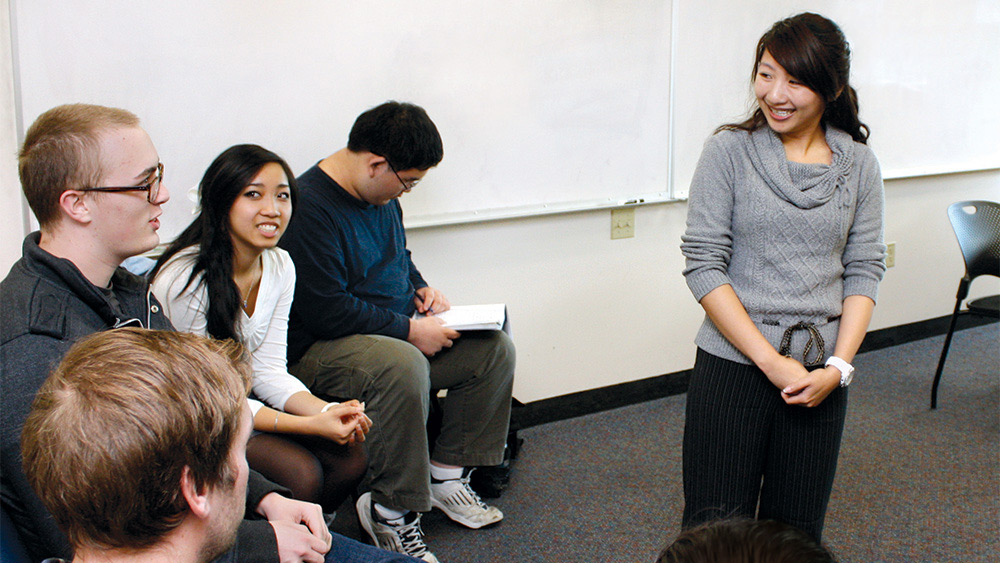Homepage

Salary
Graduates of the PCC Addiction Counseling program typically start out making around $22 an hour, or $45,760 annually.
The National Survey on Drug Use and Health (NSDUH) shows that Oregon ranks among the states with the highest substance abuse and mental health challenges, while at the same time ranking among the worst states for access to care. If you’re passionate about the impact that substance abuse is having on society, then Addiction Counseling may be your path.
The Oregon Employment Department forecasts that Portland-area addiction counselor employment will grow 17.2% through 2027.
Why choose Addiction Counseling at PCC?
PCC’s Addiction Counseling program is the largest addiction counselor education resource in the state. This program provides the educational foundation needed to begin your career as a certified alcohol and drug counselor.
Adaptive and inclusive
Our program provides specialization for further career advancement as well as the foundation for students starting their journey in the addictions profession. We designed this program for working students by providing afternoon and evening classes. We also routinely update our curriculum to be current with the professional standards of the industry through direct contact with local agencies. Our program is reputable within the counseling industry and our students are sought for employment.
Degrees and certificates
| Award | Length (attending full-time) | Financial aid eligible | Currently accepting students? |
|---|---|---|---|
| Associate Degree: Addiction Counselor | 2 years | Limited entry, see how to get into this program | |
| Certificate: Addiction Studies | Less than 1 year |
Locations
What will you learn?
Class information
More about the program
- Learn more about our program, costs, and frequently asked questions in our program overview.
- Learn more about receiving certification as a counselor or mentor.
- Learn about our Addiction Counseling grant and scholarship opportunities.
Once you complete the program you can expect to have learned the following:
- Listening and empathy skills
- Motivational Interviewing techniques
- Group counseling techniques
- Individual counseling techniques
- Job responsibilities of an addiction counselor
- Clinical documentation
- Culturally-responsive services and techniques
- Co-occurring treatment options
- Risk assessments
What will you do?
As an addictions counselor, you work with many populations directly impacted by substance use and mental health. Some of the tasks that you will be expected to perform include:
- Substance-use screenings
- Assessments
- Level of care placement
- Clinical evaluations
- Treatment planning
- Individual and group counseling
- Family and community education
- Discharge planning
- Case management
- Referrals
- Crisis intervention
Who will hire me?
- All levels of substance-use treatment programs
- Treatment agencies that specialize in working with the following populations:
- Adolescent
- Older adult
- Culturally-specific
- Justice system involved
- Trans and non-binary folks
- Justice-oriented programs
- Hospitals, medical centers, and clinics
- Community outreach organizations
Certified recovery mentor training
Our program offers an addiction recovery mentor course available to all students. It counts as an elective option for the AAS degree. Students who meet the requirements and complete the course have the option of becoming Certified Recovery Mentors (CRM) through the Mental Health and Addiction Board of Oregon (MHACBO).
Next steps
See how to get into this program.Get started now
Not quite ready to apply?
We can help you get the info you need.

 Cascade
Cascade